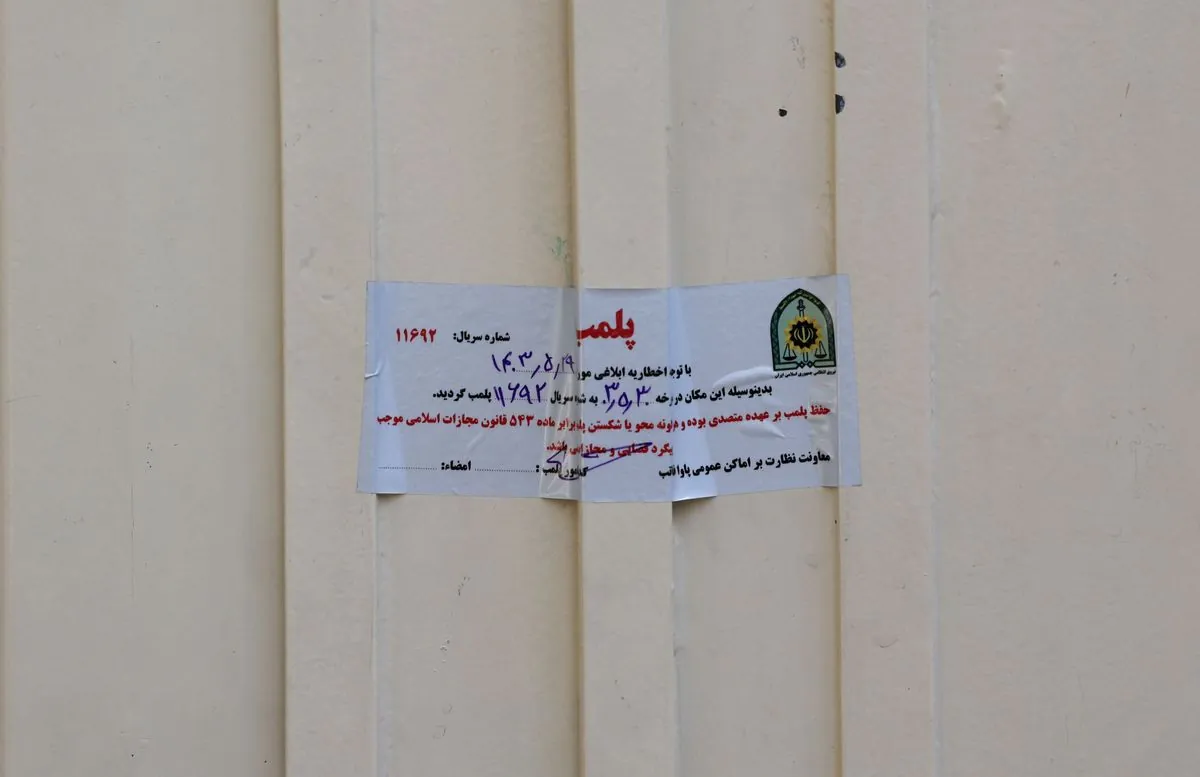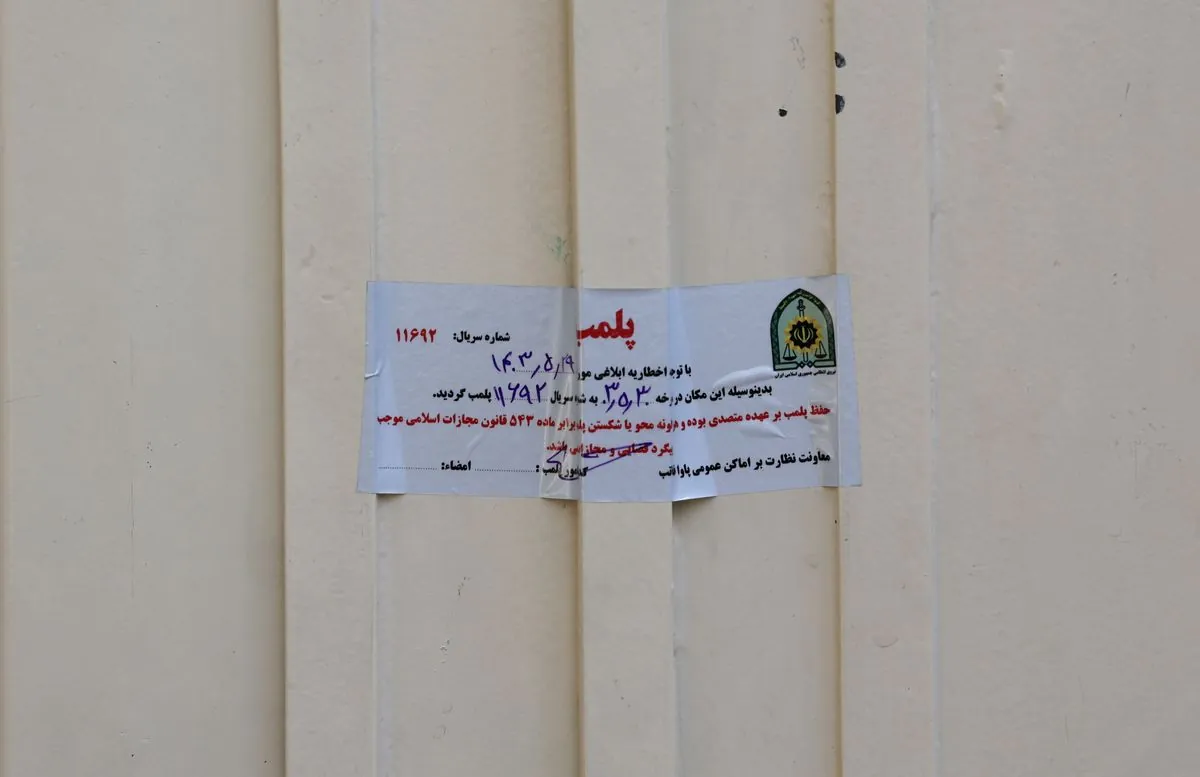Iran Shuts German Language Institute in Diplomatic Tit-for-Tat
Iranian authorities closed the last German-certified language institute in Tehran, retaliating against Germany's shutdown of Islamic centers. The move escalates tensions between the two nations.

In a recent development that underscores the strained relations between Iran and Germany, Iranian authorities have shuttered the last German-certified language institute in Tehran. This action, taken on August 13, 2024, comes as a direct response to Germany's closure of Islamic centers on its soil approximately one month earlier.
The Institute For Teaching German Language, established in Tehran in 1995, fell victim to this diplomatic tit-for-tat. Local media outlets, including Nournews.ir, which is believed to have close ties to Iran's security apparatus, documented the closure by publishing images of law enforcement officers removing the institute's signage.
Iran's judiciary-affiliated website, Mizanonline.ir, reported that judicial authorities ordered the closure of the institute's two locations in Tehran. The centers were labeled as "illegal entities affiliated with the German government" and accused of violating Iranian law, engaging in illicit activities, and committing extensive financial irregularities.

This closure is not without precedent in the history of Iranian-German cultural relations. In 1995, Iranian authorities shut down Tehran's Goethe International Institute, part of a global network promoting German culture and language. This latest incident marks a continuation of the complex dynamics between the two nations.
The root cause of this recent tension lies in Germany's actions against Iranian-affiliated organizations on its soil. In July 2024, German authorities closed the Islamic Center Hamburg and five associated organizations, accusing them of being outposts of Iran's theocracy and supporting Lebanon's Hezbollah militant group. The German police also conducted raids on 53 properties across the country, including the prominent Imam Ali Mosque in Hamburg.
"There is nothing to justify this closure. Language exchange is the basis of mutual understanding."
Germany's Foreign Ministry strongly condemned the closure of the language school, emphasizing the importance of linguistic exchange in fostering mutual understanding. In response, they announced plans to summon Iran's ambassador in Berlin and called for the immediate resumption of teaching activities.
This incident occurs against the backdrop of ongoing regional tensions. Since October 2023, Hezbollah and Israel have been engaged in near-daily exchanges of fire along the Lebanon-Israel border, a situation exacerbated by the Israel-Hamas conflict in Gaza. Iran, which does not recognize Israel, continues to support anti-Israeli militant groups such as Hamas and Hezbollah.
The closure of cultural and educational institutions highlights the broader implications of geopolitical tensions on people-to-people exchanges. It's worth noting that Germany has played a significant role in negotiations related to Iran's nuclear program, including the Joint Comprehensive Plan of Action signed in Vienna in 2015. Moreover, Germany remains one of Iran's largest European trading partners, underscoring the complex nature of their bilateral relations.
As this situation unfolds, it serves as a reminder of the delicate balance between cultural diplomacy and political disagreements in international relations. The impact on students and cultural exchange programs remains a concern, potentially affecting the rich tradition of literary and cultural interactions between the two nations, which have historically included figures like Rumi and Hafez, whose works are appreciated globally.


































